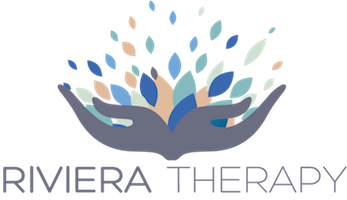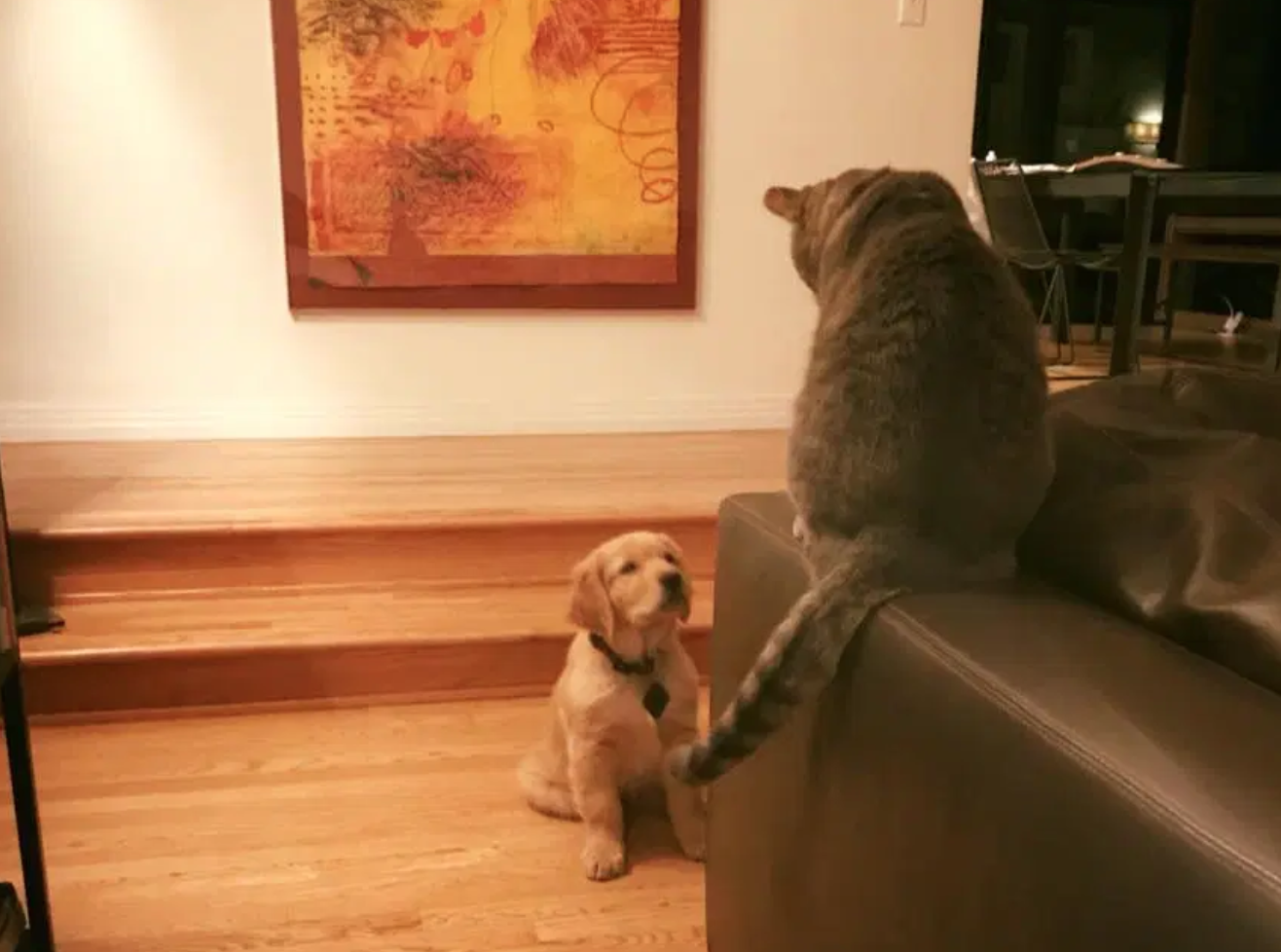
Addiction and Intimate Relationships

Photo by Daniel J. Schwarz on Unsplash
Anyone with a partner affected by addiction can tell you it is hard to love them. Bad behavior, poor choices, and the ever-increasing list of negative consequences can tear down even the most loving and committed relationship. When you love someone with an addiction, it can feel like you are on an emotional roller coaster. One day your partner is sober and says they are stopping for good, and the next day they are out of control. Addiction does not just harm the addict; there is a ripple effect that influences every part of your life. You may find yourself desperately trying to help your partner by lying for them, threatening to leave if they don’t change, pushing them to get sober, and setting boundaries that get crossed, which leaves you feeling angry, guilty, and helpless. So, what can you do when someone you love suffers from addiction, and how can you take care of yourself?
Educate Yourself
When dealing with an addicted partner, it is essential to educate yourself about substance abuse. The more you understand, the better you can help yourself and your loved one.
Addiction is a Disease of the Brain
In his book Understanding and Helping an Addict (and keeping your sanity), 2021, Andrew Proulx writes, “addiction defies logic and understanding. After all, why would anyone keep doing something that’s destroying everything important to them and making them miserable? Why don’t they just stop???” The inability to stop is one of the 11 criteria for a substance use disorder. Considered progressive, addiction causes people to lose control of their use of substances. The American Society of Addiction Medicine describes addiction as “a primary, chronic disease of brain reward, motivation, memory, and related circuitry.” Your partner did not choose to lose control, and you did not cause it! Rather, genetics, environment, and changes in brain chemistry created the perfect storm.
What is a Substance Use Disorder?
SAMHSA – Substance Abuse and Mental Health Services Administration (www.samhsa.gov ) defines substance use disorder: “the recurrent use of alcohol and/or drugs, which causes clinically significant impairment, including health problems, disability, and failure to meet major responsibilities at work, school, or home.” An easy way to understand addiction is to remember the 3 C’s:
- Loss of Control over drugs and/or alcohol
- Cravings or Compulsion to use
- Negative Consequences as a result of the use
If this sounds like something your loved one is experiencing, they may have a substance use disorder. An assessment by a certified addictions counselor or a therapist trained to treat substance use disorders can determine if the person indeed has an addiction and the severity of the disorder. Additionally, there are 3 C’s, for those in relationship with the addict:
- You did not cause it.
- You cannot control it.
- You cannot Cure it.
Get Help
Individual therapy can be a great place for you to start. A stronger personal foundation will prepare you to walk through the challenges that substance abuse is bringing to your relationship. Much like an airplane emergency, you must put your oxygen mask on first before you can effectively help your partner! Also, when it comes to addiction, there is strength in numbers. While you may feel as though you are entirely alone in your situation – it’s important to know that many others are dealing with the same problems. Groups such as Al-anon or Nar-anon help you feel less isolated, provide support, and can help you learn how to live with a person who struggles with addiction.

Photo by Daniel J. Schwarz on Unsplash
Be Supportive, Not Enabling
Being supportive while not enabling addictive behaviors is like walking a tightrope. If you find yourself making excuses or rationalizing your partner’s behaviors, it promotes denial. Denial warps the ability of the person struggling with substance use to see or acknowledge what is happening. When they face the ramifications of their actions, they become more willing to admit there is a problem and do something about it. While allowing consequences may feel frightening or uncomfortable, you enabling them by making excuses or saving them from situations only prolongs the denial.
Putting it Into Practice
An excellent way to know if you are being supportive rather than enabling is to ask yourself if you are:
- Setting and holding healthy boundaries. Examples include following through on commitments (related to substance use, work, chores, etc), being clear with requests and both parties are making efforts to anticipate triggering events.
- Allowing your partner to experience the consequences of their actions. For example, when they don’t show up for work, get fired, get arrested, friends get upset with how they behave, etc. You don’t intervene or make excuses for them.
- Getting help from support groups and addiction professionals. Ideally you each have your own support network and lean on them as needed.
- Enjoying healthy activities and make time for self-care. This includes hobbies and friendships that don’t revolve around using substance.
Couples Therapy Can Help
Relationship experts at the Gottman Institute, a research-based approach to relationships, report that “Substance abuse can intrude into and erode a relationship like an unwanted guest.” The Sound Relationship House Theory developed by Drs. John and Julie Gottman use the house metaphor to describe the elements of a good relationship. When addiction enters the home, it breaks down the essential components of a healthy relationship. Couples therapy can help bring addiction out in the open to be discussed as an uninvited guest. The addiction is the cause of the distress in the relationship, not the partner, helping reduce the stigma and shame associated with substance use.
When dealing with a substance use disorder in the relationship, it is crucial to seek professional help. Sometimes couples therapy is not recommended due to the severity of the addiction or if there is intimate partner violence. Unfortunately, the likelihood of domestic violence increases with a substance use disorder. If you are experiencing abuse, there is help. Please see the resource list below.
The Good News
The Good news is addiction is a treatable disease. Many resources are available in your community and nationwide to help you and your partner. People in recovery report the potential loss of an intimate relationship as one of the primary reasons they seek help and remain sober today. A supportive and loving partner is a protective factor against relapse. You are not alone.
Resources and Support
Al-Anon Family Groups – https://al-anon.org/ – Santa Barbara Chapter – https://www.alanonsantabarbara.info/
Nar-Anon Family Groups – https://www.nar-anon.org/ – Santa Barbara Chapter – https://www.naranonsantabarbara.org/
Alcoholics Anonymous – https://www.aa.org/ – Santa Barbara Chapter – https://santabarbaraaa.com/
Narcotics Anonymous – https://na.org/ – Santa Barbara Chapter – https://sites.google.com/view/nasantabarbara/home?authuser=2/
SAMHSA – Substance Abuse and Mental Health Services Administration – https://www.samhsa.gov/families
Start Your Recovery – StartYourRecovery.org
NIDA – The National Institute on Drug Abuse – https://nida.nih.gov/
Domestic Violence Solutions – https://dvsolutions.org/ – 24-hour crisis hotline – 805-964-5245
Understanding and Helping an Addict (and keeping your sanity) by Andrew Proulx
Annie Finch is a Registered Associate Marriage and Family Therapist #130349 and a Certified Addictions Counselor, CiCA01160519. She has experience working with Adults, Couples and Families who struggle with addiction. She is trained in EMDR and specializes in cognitive behavioral therapy (CBT) and treating anxiety disorders. Annie is reachable at Annie@RivieraTherapy.com.



